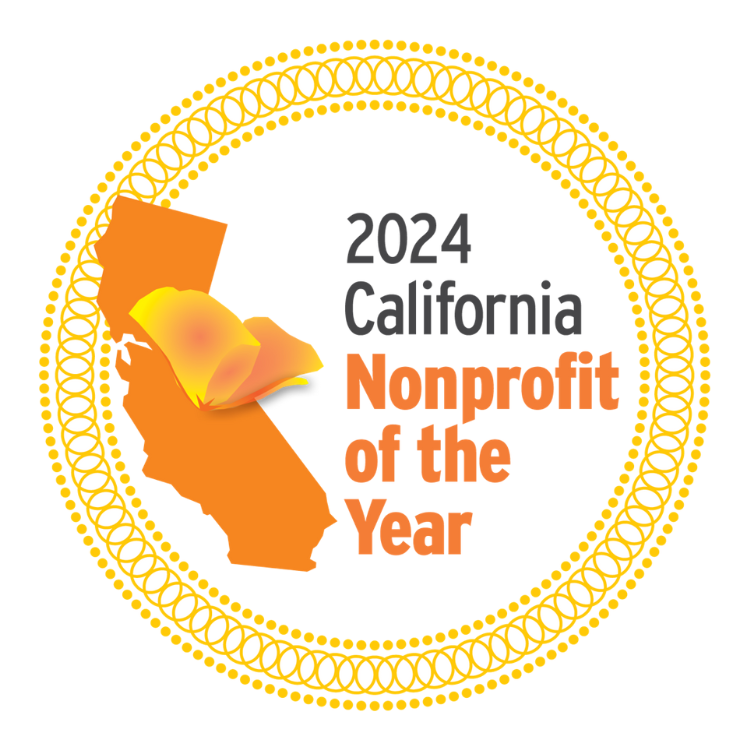Since at least the 1950s, PFAS (per- and polyfluoroalkyl substances) have been widely used in manufacturing and are found in many consumer, commercial, and industrial products. Common sources are non-stick cookware, waterproof garments, food wrappers with stainproof coating, and firefighting foams.
Often referred to as “forever chemicals,” PFAS do not break down over time. Instead, these dangerous chemicals accumulate in people, wildlife, and the environment. Despite serious health risks, there have been limited federal, state, and local regulations set in place. Starting this January, however, the State of California is changing that.
Beginning January 1, 2023, the State of California will prohibit the distribution and sale of food packaging containing regulated PFAS chemicals. This includes food and beverage containers, take-out food containers, wrappers, utensils, straws, disposable tableware, and more. The same law also requires cookware manufacturers to include a list of intentionally added PFAS chemicals on their website by January 1, 2023, and on product labels by January 1, 2024.
This is the first of four new PFAS regulations coming into effect within the next two years.
On July 1, 2023, the state will prohibit the distribution and sale of juvenile products containing regulated PFAS chemicals. These products are described as “a product designed for use by infants and children under 12 years of age,” including items such as cribs, strollers, and car seats. The law also requires that juvenile product manufacturers use the least toxic alternative when replacing PFAS chemicals in their goods.
In September of 2022, Governor Newsom chaptered two more PFAS regulation bills that will go into effect on January 1, 2025.
The first, AB-1817, prohibits the manufacture, distribution, sale, or offer of textile articles containing regulated PFAS chemicals. The bill also requires textile manufacturers to use the least toxic alternative when replacing PFAS in their products and to provide textile distributors with a certificate of compliance affirming that their products don’t contain any regulated PFAS. The bill gives different guidance for “outdoor apparel for severe wet conditions.” These products rely heavily on PFAS chemicals for waterproofing, so finding a suitable alternative will take more research and development time.
The second, AB-2771, prohibits the manufacture, sale, delivery, holding, or offer of cosmetic products containing intentionally added PFAS chemicals. This strengthens a previous cosmetics regulation already set for January 1, 2025.
To learn more about PFAS chemicals and their presence in Orange County, visit this webpage.
Bill Information:
- AB-652 (Juvenile products): https://leginfo.legislature.ca.gov/faces/billTextClient.xhtml?bill_id=202120220AB652
- AB-1200 (Food packaging and cookware): https://leginfo.legislature.ca.gov/faces/billTextClient.xhtml?bill_id=202120220AB1200
- AB-1817 (Textiles): https://leginfo.legislature.ca.gov/faces/billTextClient.xhtml?bill_id=202120220AB1817
- AB-2771 (Cosmetic products): https://leginfo.legislature.ca.gov/faces/billTextClient.xhtml?bill_id=202120220AB2771






